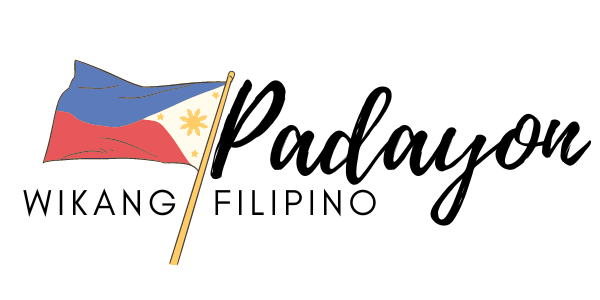Conceptual Framework
Science education aims to develop scientific literacy among learners that will prepare them to be informed and participative citizens who are able to make judgments and decisions regarding applications of scientific knowledge that may have social, health, or environmental impacts.
The science curriculum recognizes the place of science and technology in everyday human affairs. It integrates science and technology in the social, economic, personal and ethical aspects of life. The science curriculum promotes a strong link between science and technology, including indigenous technology, thus preserving our
country’s cultural heritage.
Science content and science processes are intertwined in the K to 12 Curriculum. Without the content, learners will have difficulty utilizing science process skills since these processes are best learned in context. Organizing the curriculum around situations and problems that challenge and arouse learners’ curiosity motivates them to learn and appreciate science as relevant and useful. Rather than relying solely on textbooks, varied hands-on, minds-on, and hearts-on activities will be used to develop learners’
interest and let them become active learners.
As a whole, the K to 12 science curriculum is learner-centered and inquiry-based, emphasizing the use of evidence in constructing explanations. Concepts and skills in Life Sciences, Physics, Chemistry, and Earth Sciences are presented with increasing levels of complexity from one grade level to another in spiral progression, thus paving the way to a deeper understanding of core concepts. The integration across science topics and other disciplines will lead to a meaningful understanding of concepts and its application to real-life situations.
